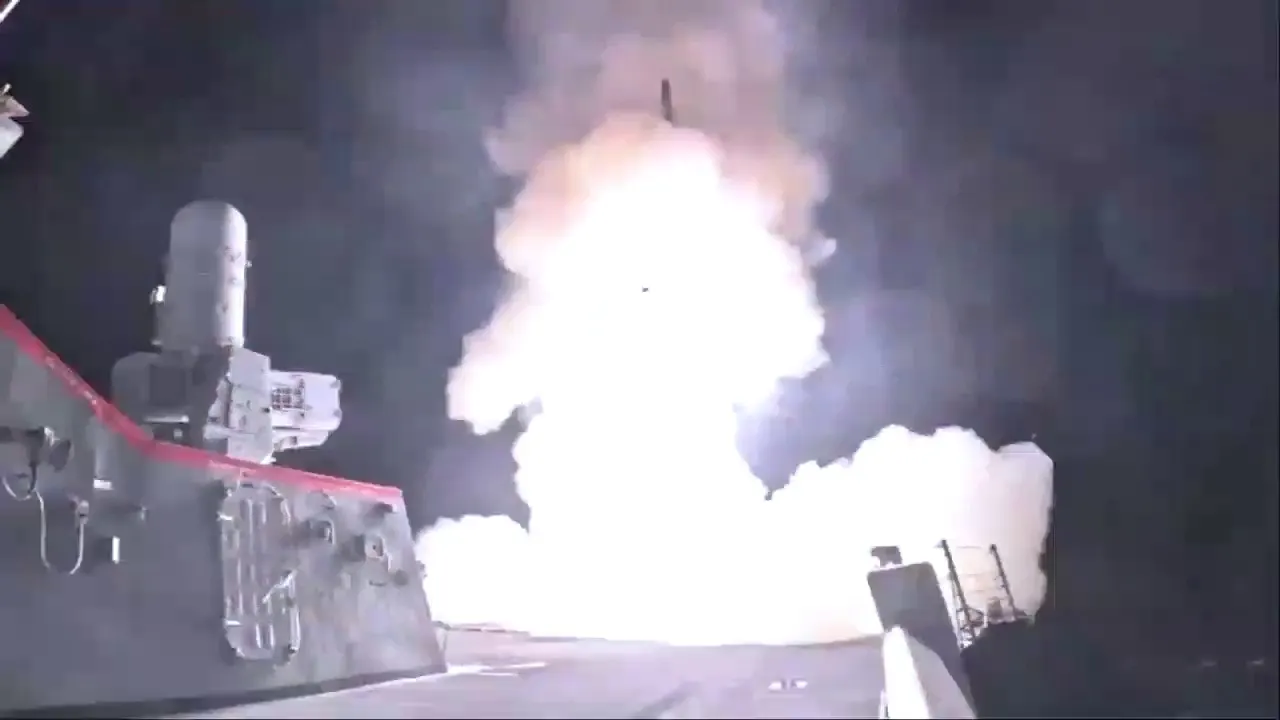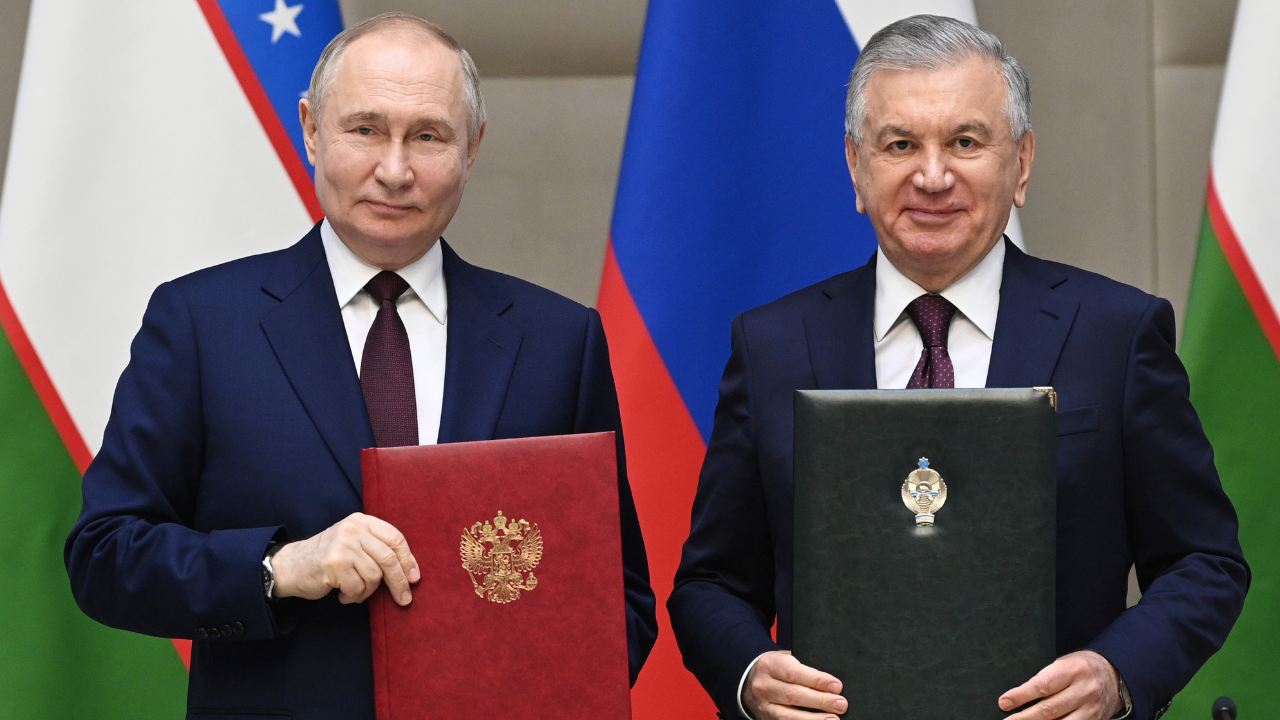The Biden administration said late Thursday that Israel had agreed to open another crossing for aid to get into Gaza amid a dire humanitarian crisis there.
There was no immediate confirmation from the Israeli government about the announcement, which came hours after President Biden had a tense phone call with Prime Minister Benjamin Netanyahu. During the call, Mr. Biden threatened to condition future support for Israel on how it addresses his concerns about civilian casualties and the humanitarian crisis in Gaza.
In a statement, the National Security Council said that Israel had agreed to open the Erez crossing to allow aid into northern Gaza, to use the port of Ashdod to direct aid into the enclave and to significantly increase deliveries from Jordan — “at the president’s request.”
“These steps,” the statement said, “must now be fully and rapidly implemented.”
Israel has come under rising pressure from U.S. officials and humanitarian agencies to open more border crossings for aid amid warnings from the United Nations that famine looms after nearly six months of war.
The most dire shortages are in northern Gaza, where desperation has prompted people to swarm trucks carrying assistance and where aid groups say they have struggled to deliver supplies because of Israeli restrictions and widespread lawlessness.
Late last month, the International Court of Justice in The Hague ordered Israel to ensure the “provision of unhindered aid” into Gaza, using some of its strongest language yet. Israel has rejected accusations that it is responsible for delays in the delivery of aid.
Nearly all of the aid allowed into Gaza since the war began has entered through two main crossing points: Kerem Shalom and Rafah, which are both in the southern part of the enclave. But getting truck convoys from the southern border crossings to the north is difficult and dangerous, and the route is sometimes blocked by roads damaged by Israeli bombardment, Israeli checkpoints or battles between Hamas fighters and Israeli troops.
Defense Secretary Lloyd J. Austin III also “raised the need for the rapid increase of aid coming through all crossings in the coming days” in a call with his Israeli counterpart on Wednesday, according to the Pentagon.






